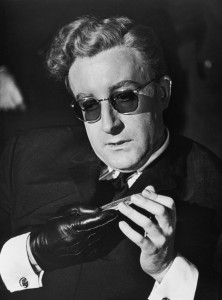I’ve just devoured the proof copy of Kaushik Basu’s The Republic of Beliefs: A New Approach to Law and Economics, which is due to be published in June. It’s too early to post a review but I can’t resist a quotation from the intro: “For the law to develop roots and the rule of law to prevail requires ordinary people to beliefe in the law; and to believe that others believe in the law. Such beliefs and meta-beliefs can take very long to get entrenched in society.” The book addresses a key contradiction in standard law and economics models, for my mind in a thoroughly convincing and accessible way despite it being 100% game theoretic.
In my years in various policy roles, it’s always amazed me how few policy makers think in terms of how all the other parties involved will respond to their interventions, and how in turn they ought to adjust what they do. I’ve always revered Thomas Schelling, who did apply game theory to policy. Republic of Beliefs might be joining his Micromotives and Macrobehavior in my pantheon of must-reads. It certainly should prompt a more rflective (or reflexive) approach to setting policy.
[amazon_link asins=’0691177686′ template=’ProductAd’ store=’enlighteconom-21′ marketplace=’UK’ link_id=’9f5cfe91-26e8-11e8-964a-b736d4f403bb’] [amazon_link asins=’0393329461′ template=’ProductAd’ store=’enlighteconom-21′ marketplace=’UK’ link_id=’b2656e2f-26e8-11e8-a8f2-21e576ce00ae’]

